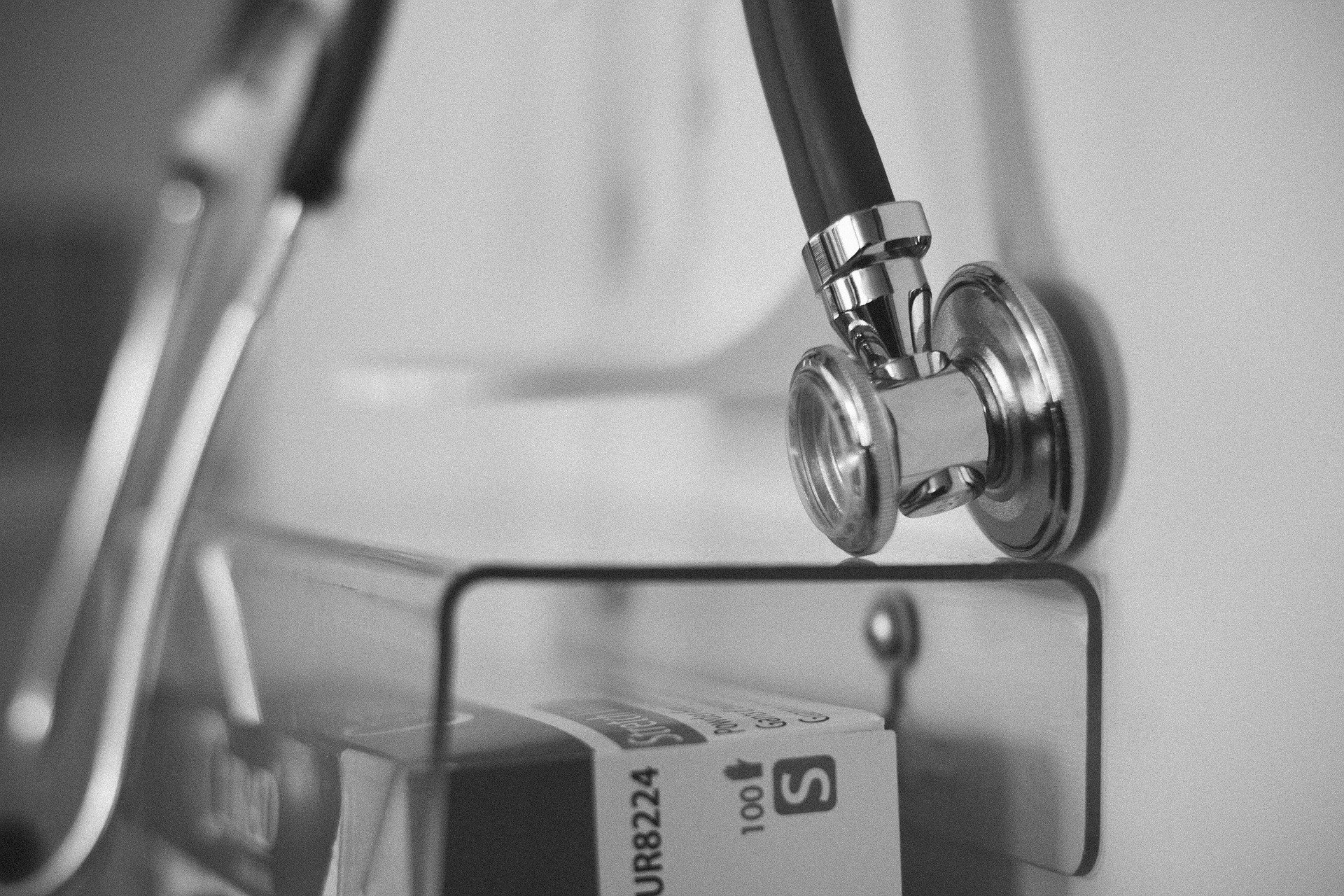What Is Cardiovascular Disease?
Cardiovascular disease, also known as heart disease, can be described as a set of conditions that affect your heart. These conditions can include atherosclerosis (plaque buildup in the arteries), arrhythmias (irregular heart rhythms), and heart failure.
What Are The Types Of Cardiovascular Disease?
Coronary heart disease
Coronary heart disease (CHD) occurs when the blood supply to the heart muscle is blocked or cut off by a buildup of fatty substances in the coronary arteries.
Coronary arteries are the main blood vessels that supply blood to your heart. When your coronary arteries narrow due to the formation of atheroma, the blood supply to the heart muscle becomes limited. This can cause angina (chest pain). If a coronary artery becomes completely blocked, it can lead to a heart attack. This is a medical emergency.
Heart Stroke
Stroke is a serious condition that occurs when the blood supply to the brain is blocked.
Like all organs, your brain needs a constant flow of oxygen and nutrients to function properly. It is provided by blood. So when the blood circulation is restricted or stopped, brain cells start to die. This can cause brain damage and possible death.
Therefore, stroke is a medical emergency and prompt treatment is essential. The sooner a person is treated, the less likely they are to become disabled.
Peripheral Artery Disease
Peripheral artery disease, also called peripheral vascular disease, occurs when there is a blockage in the arteries to the extremities (usually the legs).
The most common symptom of peripheral artery disease is leg pain when walking. This is usually in one or both thighs, hips, or calves.
Aortic disease
The aorta is the largest blood vessel in the body that carries blood from the heart to the body. The most common type of aortic disease is an aortic aneurysm, in which the wall of the aorta weakens and protrudes. You will usually feel pain in your chest, back, or stomach (abdomen).
How To Choose The Best Heart Care Hospital In India?
When choosing the best cardiac surgeon in India or heart care hospital for treatment, people rely on the advice of friends and relatives. Sometimes patients also rely on their general practitioner to recommend the best heart surgeon in India. The reputation of the hospital in the community is an important indicator of its quality. It is a long road to finalizing every decision.
In an emergency, a person is taken to the nearest hospital, but scheduled procedures require identification of the best heart care hospital, which in itself is a very tedious task.
Here is a list of some things that every patient should consider before choosing a heart care hospital and best heart surgeon in India:
- Cardiac surgery requires experienced hands that can handle the complications. So choose the best cardiac surgeon in India with extensive experience in the type of heart surgery you need.
- It is well known that hospitals with large patient numbers achieve better patient outcomes.Therefore, the decision to which surgeon the patient goes to must include the fact which hospital he is currently in.
- Maintain a national list of the best cardiac surgeons in India. This will help you compare and select based ratings and reviews.
- Consider the surgeon’s relationship with a hospital other than the one he or she works for. It shows the doctor’s claims and his overall competence.
- Try to analyze a heart care hospital facility in terms of care and overall care. This will help you choose a specific cardio program based on your personal preferences and needs.
- Look for surgeons who are up to date with the latest treatment techniques. In this way, you will be rewarded with the safest techniques such as minimally invasive and robotic heart surgery.
- While a hospital that specializes in treating heart disease should be prioritized, make sure it is equipped with specialists who can provide care should any unforeseen circumstances arise during the procedure.
- Try to choose a heart care hospital with a cardiac rehabilitation program. While one can always opt for an out-of-hospital program, it is better to start treatment in the same place where follow-up care and post-operative recovery take place.
Also Read: Is The Bitcoin Loophole A Scam Or Legit Heres What We Know.



